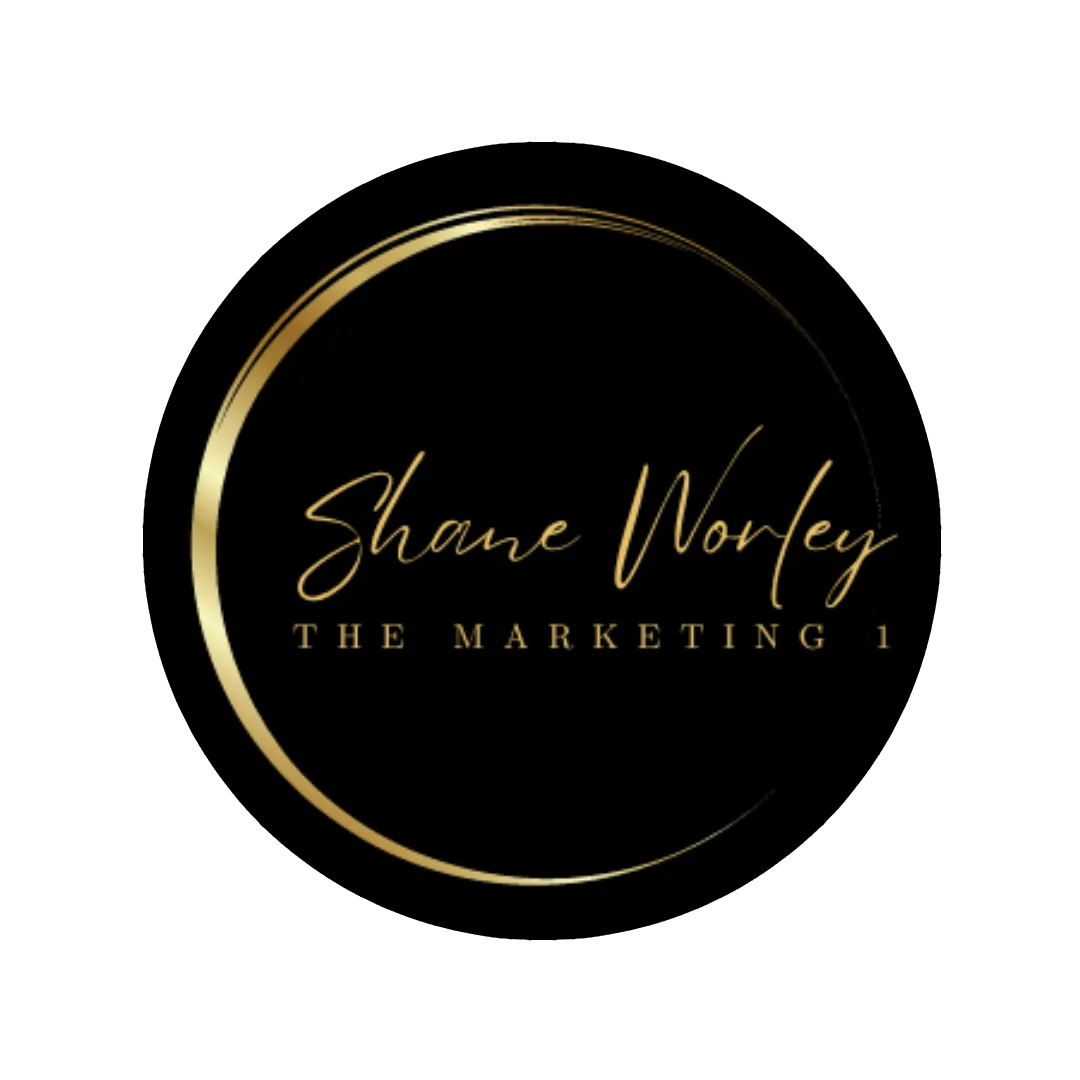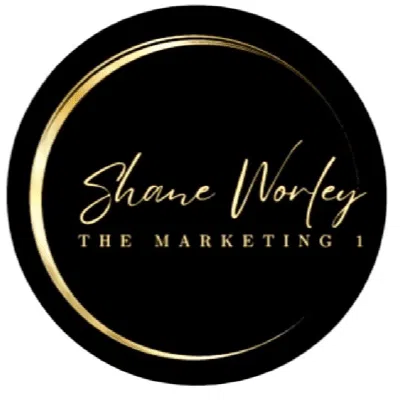Insights That Drive Results: Shane Worley The Marketing 1 Blog
Welcome to the official blog of Shane Worley the Marketing 1 LLC—your go-to source for real, practical, and proven strategies in SEO, Google Ads, and social media marketing. Whether you're a small business owner aiming to boost visibility or a service-based company looking to convert more leads, our blog is packed with up-to-date tips, how-to guides, and expert insights. We don’t just talk trends—we share what actually works. Dive in, explore freely (no subscriptions here), and take your marketing efforts to the next level.

Semantic SEO in 2025: Outrank Competitors with Topic Authority – Shane Worley, The Marketing 1
The Evolution of Search: Why Semantic SEO Matters More Than Keywords in 2025

Why Semantic SEO Outranks Keywords in 2025
In 2025, Google's algorithm understands more than just keywords—it understands meaning. That’s why semantic SEO has become a necessity for small businesses that want to stay competitive in search.
At Shane Worley, The Marketing 1, we help service-based businesses go beyond keywords and focus on topic relevance, user intent, and structured authority to drive traffic and conversions.
What Is Semantic SEO?
Semantic SEO focuses on optimizing content based on search intent, related topics, and natural language, instead of stuffing the same keyword into every paragraph.
Rather than writing one blog post for each keyword variation, you build a pillar page that covers the main topic broadly, supported by cluster posts that dig into specific subtopics. This helps Google understand the depth of your expertise and connect the dots across your content.
Why Google Prioritizes It Now
Google's AI—powered by BERT, MUM, and the Search Generative Experience (SGE)—can now interpret context, synonyms, and search intent better than ever.
This means that writing content with clarity, structure, and depth has become more important than targeting one specific keyword phrase.
If your content answers real questions and connects with related topics, Google will reward you with higher rankings.
How to Implement Semantic SEO
Here’s what we recommend:
✅ Create a pillar page around a high-level service or topic (e.g., “Guide to Local SEO”)
✅ Write 5–10 cluster posts that support the topic (e.g., “Optimizing Google Business Profile”)
✅ Use natural language, not keyword repetition
✅ Add internal links between your content to help Google and users navigate
✅ Apply structured data (schema) to improve visibility in search features
Case Example: Roofing Business in Elgin, IL
We helped a roofing company move from Page 6 to Page 1 for competitive local keywords by building a semantic content cluster.
We replaced their outdated blog with:
A pillar: Roof Replacement in Illinois: A Complete Guide
Clusters: Roof Insurance Claims, Signs You Need a New Roof, How Much Does Roofing Cost in Elgin?
The result? A 44% increase in form submissions and more visibility across multiple search terms.
Conclusion: Build Authority, Not Just Keywords
Semantic SEO doesn’t chase algorithms—it meets user expectations. When your content is organized, intentional, and helpful, Google notices.
If you’re ready to move from keyword guessing to a search strategy built on trust and expertise, contact Shane Worley, The Marketing 1.
Contact Us
Email: [email protected]
Mobile: (815 849-8327Address:
610 Meacham Rd #1190, Elk Grove Village, IL 60007
Copyright 2023 Shane Worley The Marketing 1 LLC All Rights Reserved







